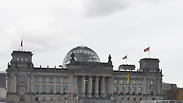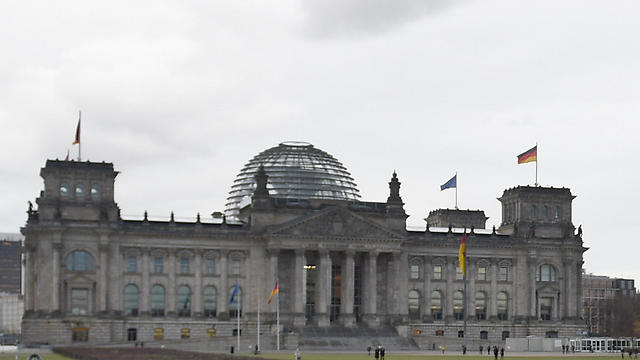
Reichstag building
Photo: MCT
The German government said Saturday it will launch an investigation into possible historic Nazi influence on the country's post-war central government, including the chancellor's office.
The probe at a cost of four million euros ($4.2 million) will run until 2020, and will complement some 20 such inquiries already made at numerous ministries and institutions to determine the reach of alleged Nazi networks following World War II.
One million euros will be specially devoted to uncovering Nazi influence at the heart of German power—the Chancellory.
Investigators will seek to clarify what continuity there was in the staff of the Chancellory, the office that serves Germany's leader, following the break-up of the Third Reich after Germany's defeat at the hands of the Allies in 1945.
Post-war recruitment policies and "the mentality of the political culture" will also be studied, the culture ministry said in a statement.
The inquiry will look at the role of Hans Globke who served as chief of staff and a trusted confidant to former conservative West German chancellor Konrad Adenauer between 1953 and 1963 and was responsible for recruitment to the heart of government, according to Der Spiegel news magazine.
Globke was a senior civil servant in the Nazi-era interior ministry and was involved in the drafting of the Nuremberg race laws as well as contributing to the "Jewish code" that was enforced in Slovakia.
The influence of Nazi-era legal experts who went on to occupy senior posts in the post-war administration in West Germany is also under investigation.
A government report published in October revealed that in 1957, around 77 percent of leaders in the justice ministry had been members of the Nazi Party.
The most infamous among them was former Nazi magistrate Eduard Dreher who in 1968 drafted a law that was ostensibly a technical measure that actually complicated the work of Nazi hunters and put an end to almost all ongoing German investigations into Third Reich figures.

















